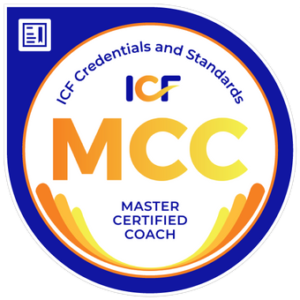
A few weeks back, I wrote about balanceability–the ability to balance your life–and I introduced you to Erik Erikson, the father of balance research. Erikson devised the 8 stages of psychosocial balance. The first stage is trust versus mistrust. The second stage is autonomy versus shame and doubt.
Erikson taught that this crisis stage happens primarily between 18 months old to 3 years, but people can go in and out of stages many times throughout life.
An infant and child are dependent on their caregivers. As they grow older, they begin to separate, gradually seeking more and more independence and autonomy. As parents, we want to encourage growth in autonomy with a balance of self doubt.
Don Hamachek says the implicit attitude of a person with autonomy is…
- I think I can do it.
- This is what needs to be done.
- I have something of value to offer.
The implicit attitude of a person with shame and doubt/self doubt is…
- I don’t think I can do it.
- Tell me what needs to be done.
- I have little of value to offer.
Here are 7 questions to help you sort out your balance between autonomy and self doubt:
- What have you been procrastinating or putting off because of your self doubt?
- Is there any area of your life in which you are not taking enough responsibility or too much responsibility?
- What are your top 3 strengths that add value to others?
- Do you prefer making your own decisions or would you rather be told what to do?
- Can you say no without feeling guilty?
- Are you more dependent, independent, or interdependent in relationships?
- Do you acknowledge self doubt and take action to get support?
Would you like to…
- Build stronger self-confidence?
- Increase motivation and energy?
- Enjoy loving relationships?
If the answer is Yes, then discuss your answers and develop a coaching relationship with Brent!





